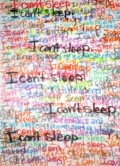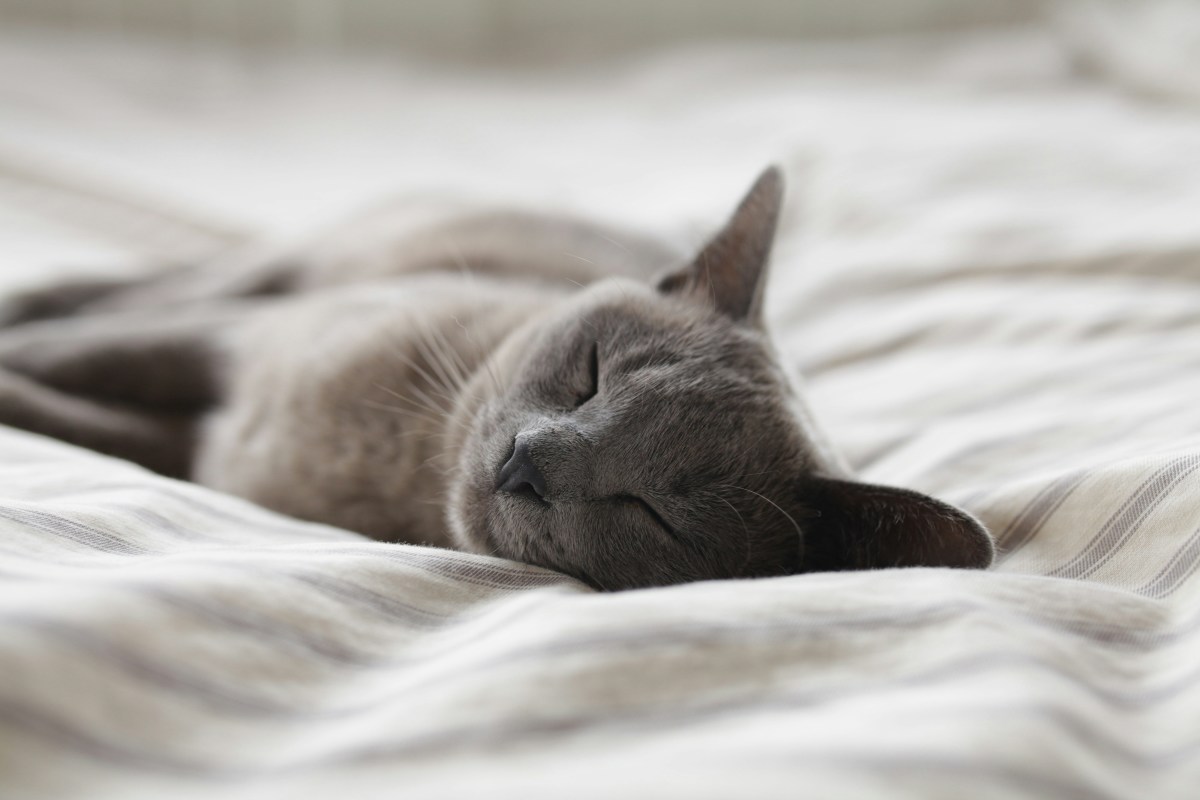How to Get Enough Sleep for Better Grades

Why sleeping patterns are important
As people who know me know, I love to sleep and I need a regular sleeping pattern to ensure that I can function properly, as most people do. But sometimes I find myself having irregular sleeping patterns. One day I would go to bed at 9 or 10 at night, then wake up every couple of hours during the night, but on others I will have a nap at around 4, then still be awake in the early hours of the morning, as I am now. This is partly down to me being unemployed on the most part and having a sleeping pattern isn't necessarily on the top of my priorities. Even though I personally need about 8 hours sleep a night to be able to function properly, that doesn't necessarily apply to everyone because everyone is different and different people can sleep for different lengths of time and are still able to function properly.
But even whilst I am unemployed, I do regular volunteer work, which gives me some sort of routine and helps me a little with my sleeping, I do find that I have found ways around having an awkward sleeping pattern.
Now that I've gone on a bit of a tangent, I'll get back to the reason of this hub, why sleeping patterns are important, not just through school but also throughout adult life as well.
Whilst I was studying for my GCSEs and A-Levels, I ensured that I had a good night's sleep to ensure that I can concentrate whilst at school and revising for my exams. And because I have always performed better during the day, as opposed to night, I used to do all my homework in the morning and always get some of the best grades.
How do you rate sleep?
Do you think sleep is important?
My opinions on why sleeping patterns are important
In my opinion, sleeping patterns are underrated. Having a good sleeping pattern can help so much when it comes to being more productive and doing well during the day. it also helps improve memory and other things as well.
I have always found that a good night's sleep before an interview or a school exam is always better than late night preparation any day of the week.
When I was studying for my GCSEs and A-Levels, I ensured that I did all my revision during the day and relaxed at night, I also used to do audio recordings so I can listen to the course material whilst going to sleep and using that to help me remember the important aspects that can help me in my exams.
I also ensured I slept well the night before an interview because I always found that getting little sleep has made me irritable, which is not what you want when you're attending an interview. I also found that if I have less than 7-8 hours sleep, then I am unable to concentrate and I always answer the questions wrong.
How sleeping patterns helped me through school
Whilst at school, I always managed to get at least 8 hours sleep a day, even on weekends. This helped me massively when studying for my exams and doing coursework. I did occasionally pull some all nighters if I needed to finish and important piece of coursework, but that only happened once or twice a year.
Whilst I was studying for my A-levels, I used to stay up late at weekends to ensure that I was able to get all my homework done and do my coursework. I found that I was able to concentrate better late at night during the weekend than I could during the week, so I used this to my advantage to ensure that I can learn as much of the course material as possible.
Whilst doing my ICT A-Level, I managed to complete the majority of my coursework in just a few lessons after being taught the course content, without needing to do much work at home.
The night before I had an exam for my GCSEs and A-Levels, I made sure that I was in bed at around 10pm so I could get at least 8 hours sleep and ensure that I had the best way of concentrating on my exams and be able to do the best that I can do.
How sleeping patterns have helped me in my adult life
Even though I have spent the majority of my adult life unemployed, I have tried to ensure that I have some sort of regular sleeping pattern in place so when I do finally manage to get a job, I won't find it overly difficult to get myself out of bed in the morning.
I have also found that my sleeping patterns has helped me be able to improve my mood and make me feel better in general and just be happier and make the best out of the situation I'm in.
Even though the majority of the time I have tried to keep to my sleeping patterns, I sometimes have had a bad sleeping pattern, where I have gone to bed later than usual, sometimes not going to bed until after 6 in the morning, I have managed to get back to my schedule a few nights afterwards.
Sometimes, I have also found myself staying up for 24 or even 48 hours at a time without going to sleep, which has completely thrown out any pattern I managed to have and it took me up to a week to manage to start going to bed at regular times again.
If I have learnt one thing from these experiences is that staying up for long periods of time without sleep is completely counter productive and isn't beneficial to anybody, especially me.
If I do accidentally stay up all night, then I try not to go to sleep during the day, but instead just try to go to bed at a regular time so I am able to get a good night's sleep as I find taking a nap during the day just makes me stay up late at night.
Early riser or night owl
Do you prefer to get up early in the morning or stay up late at night?
How Sleep Can Affect You
One way sleep can affect you is if you don't sleep enough, then you won't be able to concentrate and if you are still in education and don't sleep for long periods of time then you will find it hard to remember all the information you need for exams and doing your coursework. Having too little sleep can have a negative effect on your mood and make you feel upset. At the same time, if you do feel upset, sleeping for an hour or two can help improve your mood and make you feel generally happier.
Also, I have found that the opposite can be true as well, in the sense that if you have too much sleep that you can still be tired, so it is important to ensure you know how many hours sleep is right for you.
Ways Of Making You Sleep Better
If you are finding trouble getting to sleep, one reason could be your diet. If you eat a lot of fatty foods, then this can affect your sleep. Eating healthily can be a good way to start getting a better night's sleep, especially before important exams.
You could also exercise to help get a better night's sleep because of how your body reacts to exercise. For more information on how exercise can help you sleep, visit http://health.howstuffworks.com/mental-health/sleep/basics/how-to-fall-asleep1.htm and it will give you a full explanation.
It is always good to try to ensure that you have got a good routine when trying to have a good night's sleep because it is going to help you function properly throughout the day. Obviously there are going to be days when you just have a bad night's sleep for no good reason but it does help when you have a good sleeping schedule.








